Sleep
Get The Rest Your Body & Mind Need
Sleep has a huge impact to our overall wellbeing and allows us to rest and recuperate. Are you getting enough? Why we should get more and good sleep tips below.
Sleep
Sleep. Our rest and relaxation time. Getting enough rest is something we all should do but a lot of us never seem to quite get there. Whether it’s a late night or not being able to sleep due to things from the day buzzing around our mind, we often don’t achieve our full night’s quota.
18 reasons why we should get good sleep and 30 was to do so below.
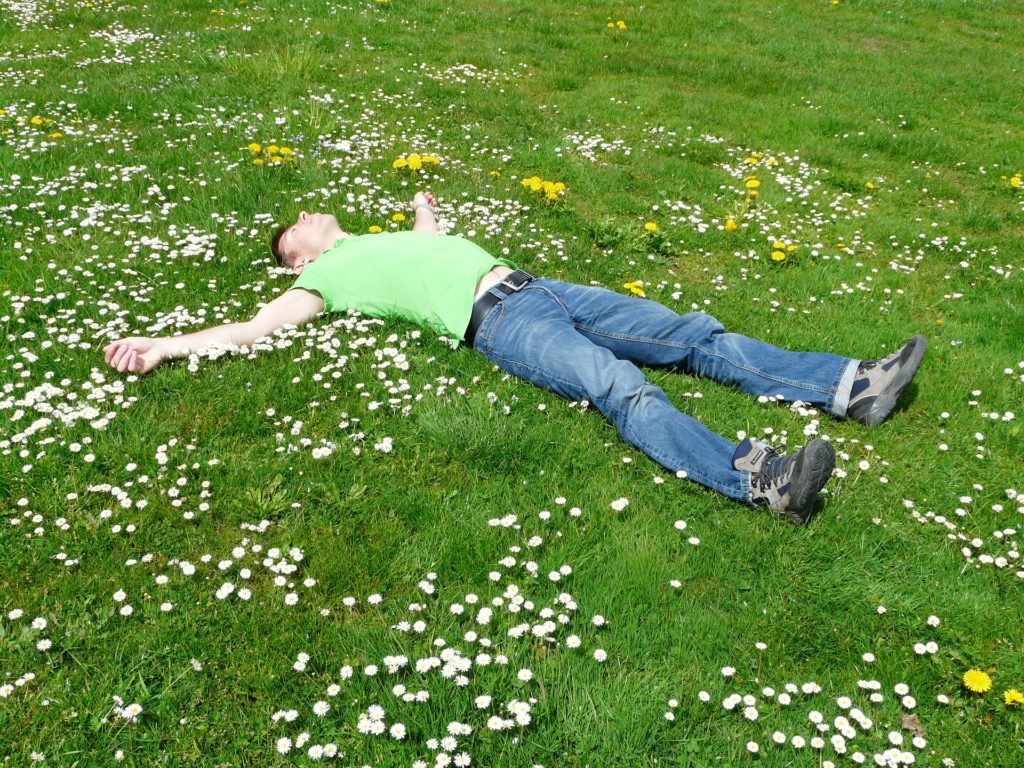
18 Reasons Why we should get some Good Sleep
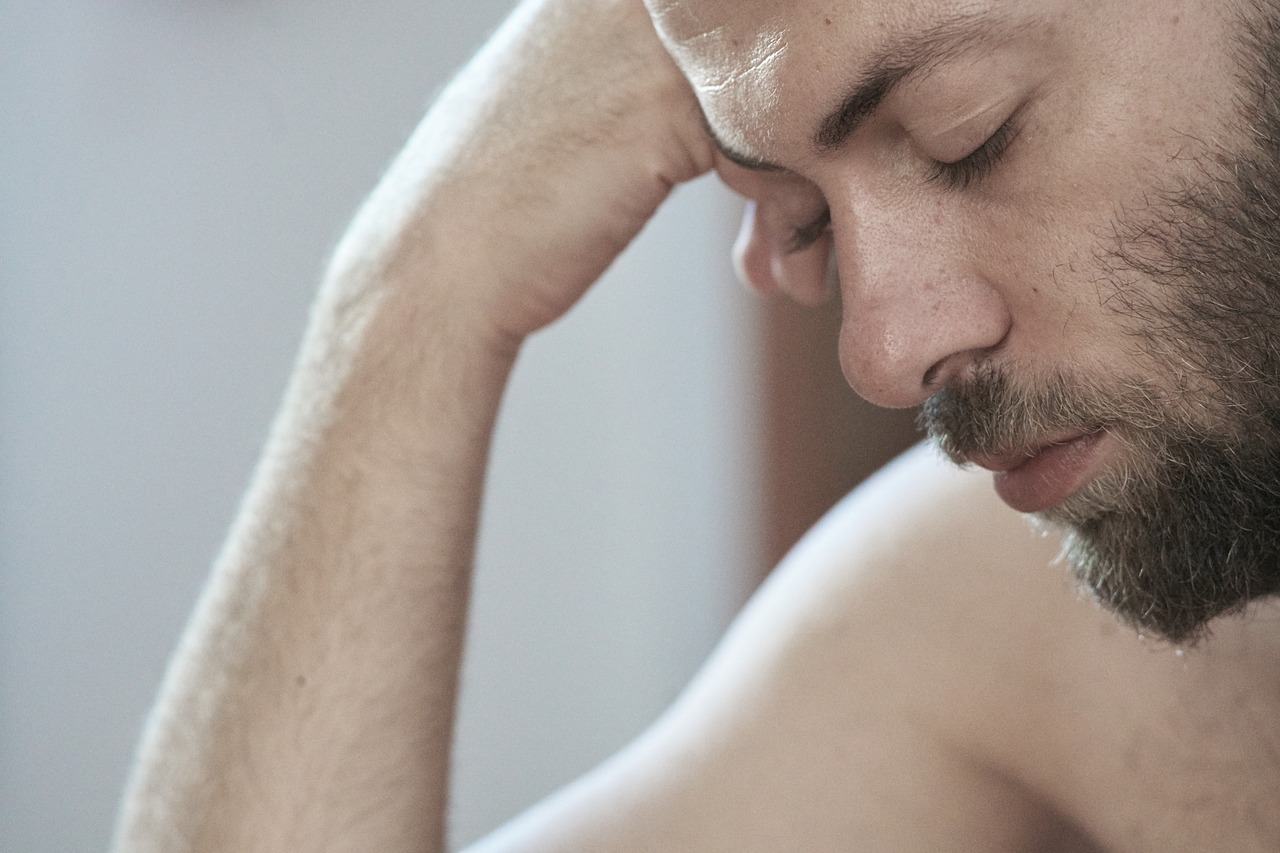
- Lowers blood pressure
- Reduces stress & anxiety
- Sharpens our focus and increases concentration
- Helps fight depression
- Increases productivity
- Allows our body to recuperate
- Reduces inflammation
- Helps with social performance
- Steadier blood sugar levels
- Lowers risk of heart disease and stroke
- Helps with physical performance
- Allows us to be rested and increases our energy ready for fun, new experiences and learning
- Poor sleep is strongly linked to weight gain
- Not getting enough lowers our immune system and leaves us open to illness
- Enhanced mood – Life always seems better after a good sleep
- Promotes better emotional health
- Increases sex drive
- Increases fertility
31 Ways To Get A Good Night's Sleep

Lack of sleep can cause all sorts of health issues and leave you exhausted and not at your best for the day ahead. Luckily there are things you can do during the day, things to avoid and a number of tips to help you get a good night’s sleep
3 Things to do During The Day To Help Sleep At Night

- Natural Bright Light: Ensure you get some during the day – keep your circadian rhythm healthy
- Exercise: A few hours before bed to tire your body out ready for some solid slumber
- Outside Time: Spend time outdoors everyday. Get some fresh air and naturally tire your body out
7 Things to Avoid to Get Good Sleep
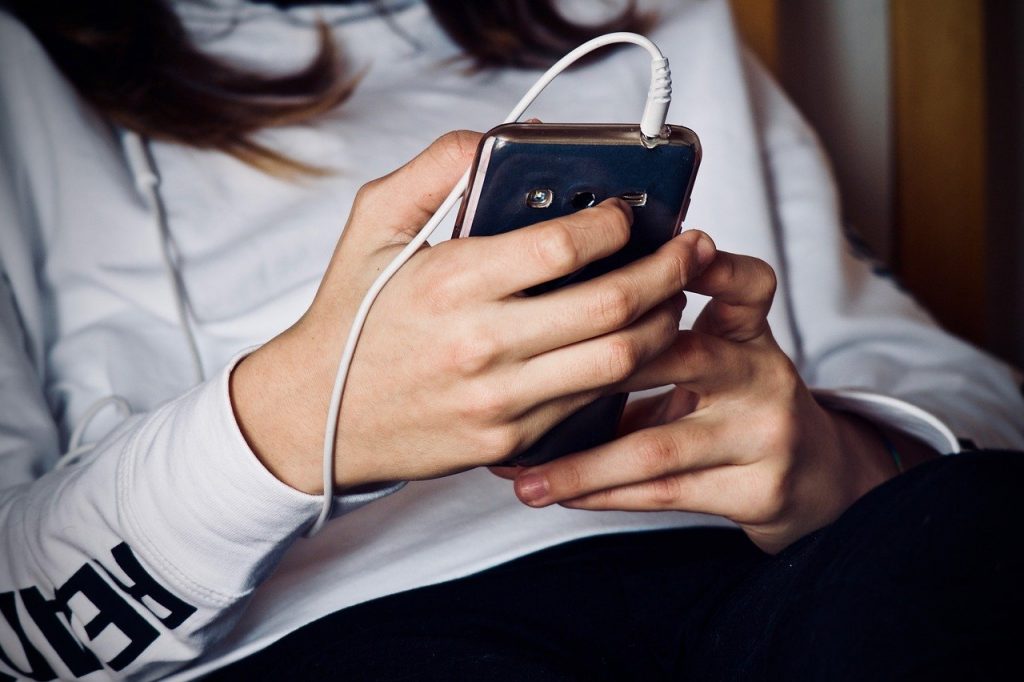
- Lie-ins: Avoid them, they can disrupt sleep patterns and make you less tired in the evening
- Blue Light: Light that is emitted from devices such as phones and tablets (blue light) does not allow our body clock to switch off at night. Try turning them off about an hour before bed and pick up a book instead
- Long Naps: They make us less tired in the evening and can make it hard to fall asleep at bedtime
- Alcohol: May make us fall asleep easily however it disrupts sleep patterns
- Caffeine and Other Stimulants: Avoid caffeine and other stimulants later on in the day, they will still be in your bloodstream when you’re ready for sleep and keep you from falling asleep
- Drinking Too Much Liquid: We’ve all been there, just nodding off and need to run to the toilet and then… wide awake. Try and avoid drinking too much before bed
- Large Meals: They can affect our body’s natural rhythm, keep us awake while the body is digesting the food and make sleep uncomfortable
20 Sleeping Tips

- Aim for at least 6 hours and up to 9 hours per night (adults between 18 – 64). Kids and older people vary – see additional media below
- Stick to a regular sleep pattern
- Try heading to bed early a couple of nights per week to catch upif needed
- Try a warm bath or shower before bed
- Ensure that your mattress and bed are comfortable
- Try some meditation (click here) or relaxation
- Use breathing techniques (try here)
- Clear your mind of distractions before you go to sleep – write them down if you need to
- If you have nothing to listen or prefer silence, try the old counting sheep method. Close your eyes, breathe in through your nose and out through your mouth, try to clear your mind and count slowly upward
- Use a sleep aid such as sleep mask or spray lavender on your pillow
- Try melatonin supplements (the chemical naturally released to help us relax and get ready to sleep)
- Manage other illnesses. It can be difficult to sleep with a headache or suffering with a cold. Dose up as needed to help you get off
- Check that you don’t have any underlying sleep conditions such as sleep apnea. If you’ve struggled with sleep for a long time, get it checked by a doctor
- Stop trying to force yourself to sleep. If you really can’t, get up and read a book or do a suitably boring / mundane task
- Keep a sleep diary to keep track of what does and doesn’t work well for you
- Go to bed when you’re actually tired
- Unclench your jaw. You can tell when you are tense, your jaw will be clenched tightly together. Unclench and relax your jaw to get some good rest
- Make sure your bedroom is your sleep sanctuary. Make it dark, cool and quiet. Don’t do anything in it aside from sleep, get dressed and other bedroom related things…
- …sex makes us sleepy…
- …as do other related activities
- Consider getting help from a trained therapist if you are having real issues. There are many experts in the field of sleep who will be able to help
There are a wealth of tips and help in the further exploration articles below.
Further Exploration - Articles & Media

Article: Healthy Sleep Tips
The National Sleep Foundation has put together some useful tips on getting healthy sleep.

Video: Sleep Meditation & Relaxing Music
Have a look at YouTube for some guided sleep meditation or relaxing music to help you get off to sleep. This video by Meditation Relax Music provides 8 hours of peaceful music to allow you to drift off.
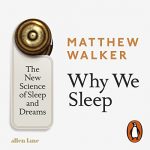
Book: Why We Sleep: Unlocking the Power of Sleep and Dreams
Book by Matthew Walker looking over 20 years of sleep research and discussing why we sleep and how to get more of it
**This is one of the few affiliate links on Peaceful Soul**

Article: How to Sleep Better
An article from Helpguide providing detailed tips on how to get better sleep
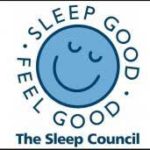
Website: The Sleep Council
The UK Sleep Council website has tips for different scenarios people may find themselves in (e.g. shift workers/parents etc) as well as many articles and tips for sleep in general

Article: 'Sleep should be prescribed'
In this article from the Guardian, neuroscientist Matthew Walker discusses the benefits of sleep and why it is essential from a health perspective.

Article: Sleep: Tips on Getting More Rest
Many articles from Health.com covering the topic of sleep

Article: Top 10 Benefits Of A Good Night’s Sleep
Dreams.co.uk (yes the bed shop) brings you some of the benefits of getting and good nights sleep.

Article: Sleep Disorders Health Center
Webmd looks at common sleep disorders with treatments and general good habits
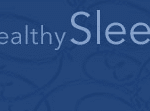
Article: Twelve Simple Tips to Improve Your Sleep
Harvard brings you 12 steps to improve your nightly sleep from establishing a bedtime routine to not clock watching

Article: How Students Benefit from Quality Sleep
A very comprehensive article from an extensive guide that highlights the importance of a good night's rest for cognitive function and performance in students.

Article: How many hours of sleep do you really need?
How much do we really need? Detailed article here explaining how much is needed and why it is so fundamental to your health

Article: How to get to sleep
The UK's National Health Service (NHS) provides 4 tips ranging from sleeping at regular times to making sure you wind (including multiple tips on how to wind down)

Article: How to Improve Sleep Time & Quality in Autistic Children
A free guide for parents of children diagnosed with autism spectrum disorder (ASD) where falling and staying asleep can often be a struggle. The guide includes steps to improve overall sleep time and quality.

Forum: Sleep
Sub-reddit on Reddit dedicated to sleep including questions, discussion and analysis & studies
Would You Like a Happy, Healthy & Peaceful Soul?

Meditation
Meditation is training for the mind. It's free, helps us be in control of our thoughts and keep life calm and peaceful. Everything you need to know including a free practice here

Food & Drink
How we fuel our body has a huge impact to our health, body and mind. The benefits of eating well and good food & drinks tips here

Exercise
Exercise keeps us fit, healthy and in optimum condition. How it benefits us and some simple exercises here
